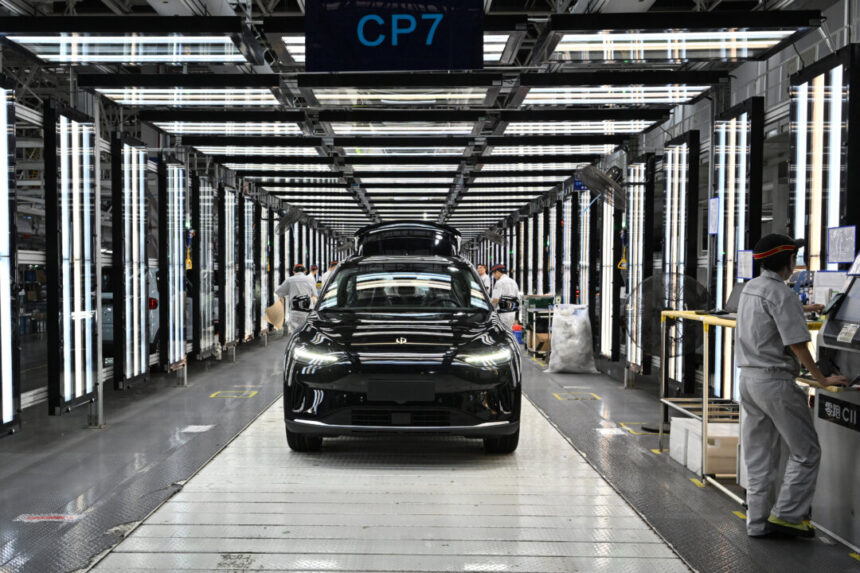The attempt to resuscitate China’s economy in September has hit a roadblock. Despite assurances from Beijing, public trust remains low due to past blunders.
Beijing’s efforts in September to rejuvenate China’s struggling economy have fallen short of expectations. Despite promises of more, there is little confidence in the effectiveness of future measures, especially given the series of failures that have plagued previous attempts. It is uncertain if Beijing has a clear strategy moving forward, leading to doubts about the country’s economic recovery.
Recent speculations suggest that Chinese leader Xi Jinping may be more focused on avoiding financial embarrassments rather than addressing the core issues hindering economic growth. The emphasis on interest rates, monetary easing, and support for the financial sector in the September policy further fuels these concerns.
While some efforts were made to stimulate home buying and address surplus units in the market, such initiatives were deemed insufficient to counteract the negative impact of plummeting real estate values and the failures of major housing developers like Evergrande. Beijing’s track record of policy missteps, starting from the prolonged “zero-COVID” measures to the abrupt shift away from real estate development, has exacerbated the economic challenges at hand.
The recent pivot towards investing in critical industries like electric vehicles and artificial intelligence, while neglecting the immediate needs of consumers and businesses, further raises doubts about the effectiveness of Beijing’s economic strategies. With a history of failed attempts to boost growth and address financial instability, the outlook for China’s economy remains uncertain, with prospects of sluggish and below-par growth in the coming years. Please rewrite this sentence.
Source link





